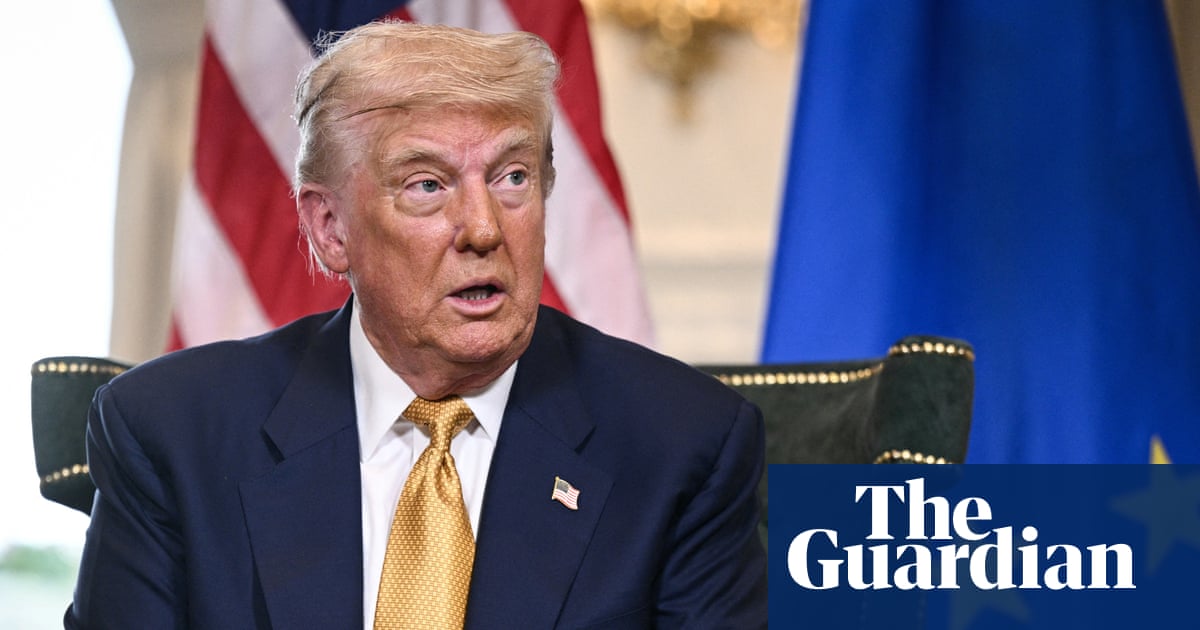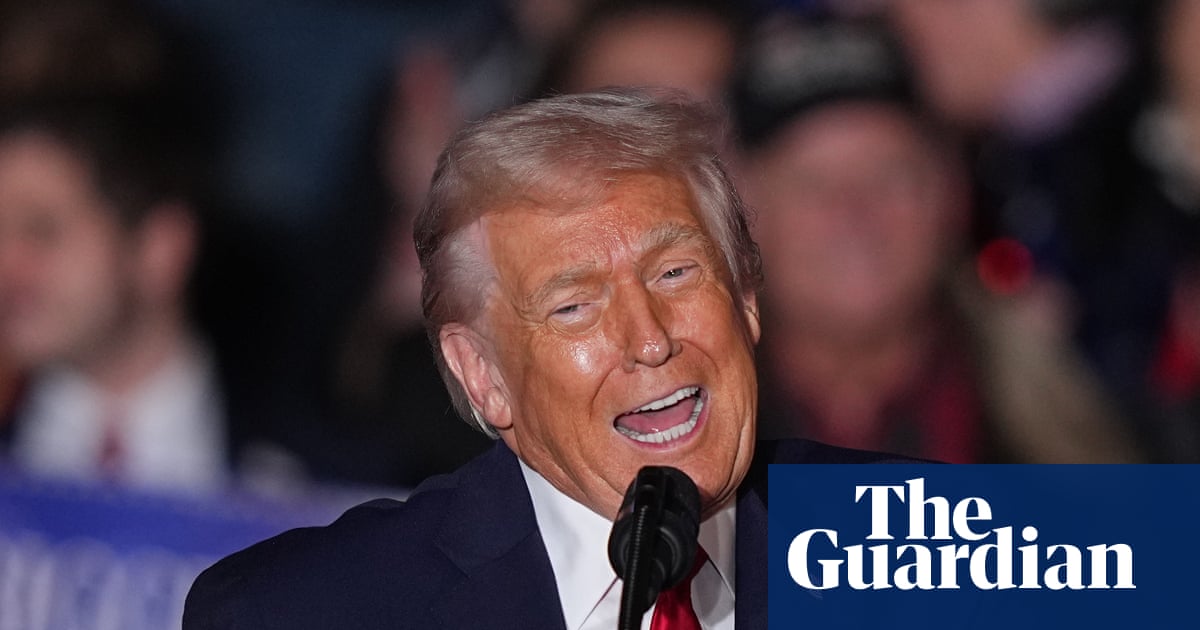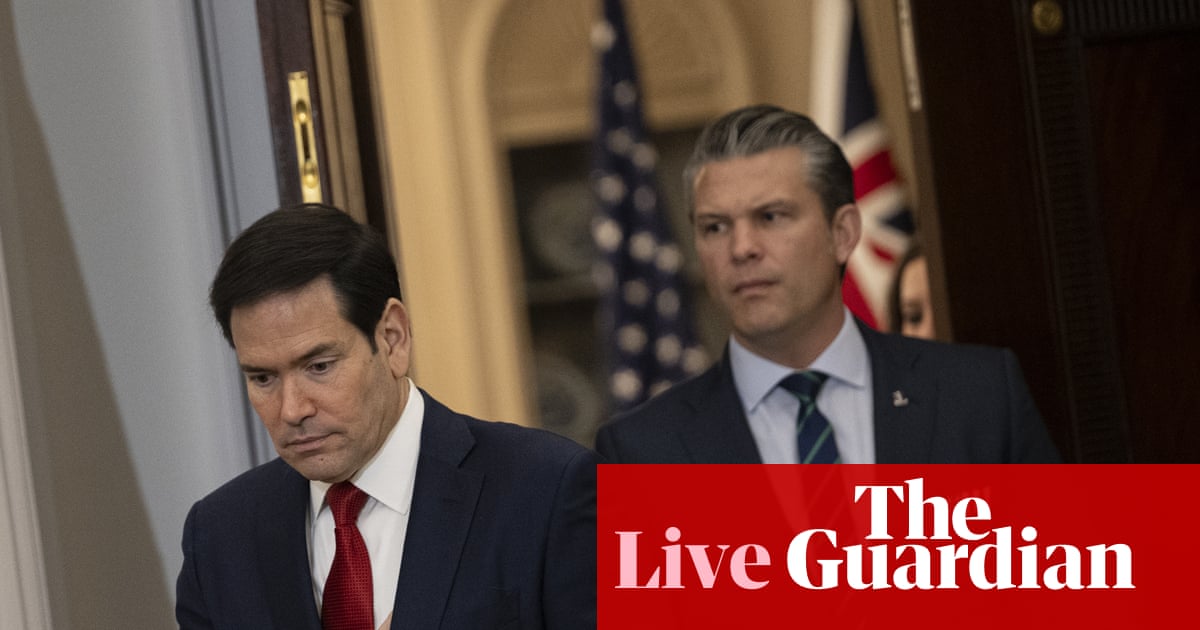The following is the transcript of the interview with Sen. Jeanne Shaheen, Democrat of New Hampshire, that aired on "Face the Nation with Margaret Brennan" on Nov. 16, 2025.
MARGARET BRENNAN: We go now to New Hampshire Democratic Senator Jeanne Shaheen. Good morning to you, Senator.
SENATOR JEANNE SHAHEEN: Good morning. Nice to be with you.
MARGARET BRENNAN: Well you have spent a good part of the past year trying to get legislation through to extend those Obamacare tax credit subsidies. Last Sunday, you crossed the aisle. You agreed to reopen the government, end the shutdown without a guaranteed extension, but with a promise to have some kind of vote on an ACA bill of Democrats' own choosing. Do you have consensus among Democrats that this needs to be a vote simply to extend the tax credits as they stand now or are you open to a broader reform of Obamacare?
SEN. SHAHEEN: Well from the beginning of this shutdown I've had two goals. One is to get government up and running again to end the suffering that too many Americans were experiencing because they lost food assistance or they weren't getting paid federal employees, and the second was to address the high cost of premium- health insurance that people are looking at because insurance companies are setting rates based on the fact that those premium tax credits are not- are supposed to go away at the end of this year. I think people are now very aware of the fact that they are going to see huge rate increases double for so many people, and an unaffordable cost of health insurance if those premium tax credits go away. And what I think we need to do, and these are conversations that we need to have, is we need to work with our Republican colleagues to try and get a bill that can be supported. That can get through both houses of Congress where we've been talking to our Republicans, Senator Cassidy, throughout the shutdown, about what we might be able to agree to. We've been talking to House members on both sides of the aisle, and so now we need to work together. I agree with Senator Cassidy. This should be a bill that is not partisan, but it should be a bill to extend those premium tax credits, because, as everybody has talked about, there is real urgency to get this done. And if we don't address it, then people are going to see huge rate increases. --
MARGARET BRENNAN: -- Yeah. --
SEN. SHAHEEN: -- So we can work together, we can extend the credits, but we probably can't implement significant reforms that Senator Cassidy was talking about in the time frame that we've got. So we need to look both in the short term and in the long term for how we address the cost of health care.
MARGARET BRENNAN: Okay, so that's an important point. So the 26 billion or so that he talks about as the cost for extension of these that he wants to redirect into these cash accounts, these flexible accounts. You're saying you can't get that done in six weeks time.
SEN. SHAHEEN: No, you can't. --
MARGARET BRENNAN: -- Okay. --
SEN. SHAHEEN: -- And again, there's real urgency to do this. There's some good, bipartisan legislation that has come out of committee in the Senate that I think we should take up. Things that would expedite approval of generic drugs and biosimilars, that would address PBM reform, which is a huge cost increase for health care, but that's a longer term issue. Right now, we need to address what people are facing in terms of those high rate increases because of the threat that these premium tax credits are going to end.
MARGARET BRENNAN: Just to put a fine point on it, when we heard the Congressman at the top of the program talk about, you know, caps on income and restrictions on who can benefit from those tax credits. Can you get your fellow Democrats, who, by the way, are pretty angry at each other, angry at you as well, about this decision to reopen the government? Can you get everyone on board? Or can you at least get to 60 votes to be able to extend those subsidies with tweaks?
SEN. SHAHEEN: Well, first of all, we need to put the shutdown behind us in the circular firing squad and remember why we're in this situation. We're in this situation because Donald Trump and Speaker Johnson and the Republican majorities in the House and Senate have refused to address cost, the cost of health care, and are trying to throw people off their health care. Can we get to consensus? Well, we need to, if we're going to get a bipartisan bill out of the Congress. I think we've seen and heard from health insurance companies that implementing significant changes in the first year is going to be really difficult to do, almost impossible. But we ought to be able to agree on some changes like capping the income of people who receive those premium tax credits. Right now, 94% of people who get the credits earn under $200,000 a year, and the average income for a single recipient is about a little over $30,000 a year. So most people who are getting these tax credits are not in that high income level --
MARGARET BRENNAN: -- Yeah. --
SEN. SHAHEEN: -- And so we should be able to agree on that. We should be able to agree that we don't want any fraud and abuse in the program. --
MARGARET BRENNAN: -- Right. --
SEN. SHAHEEN: -- That's something Republicans and Democrats believe in. So let's focus on what we can agree to. Let's look at what we can get done in the time frame we have, and recognize there is real urgency to get these premium tax credits extended.
MARGARET BRENNAN: So you're going to have this vote around the second week of December, but premiums are already notified out. They are already --
SEN. SHAHEEN: -- Right. --
MARGARET BRENNAN: -- sort of baked in here for- certainly for Americans who buy government health care. Is it too late to extend open enrollment? I mean, Senator Cassidy was saying like ship has sailed here.
SEN. SHAHEEN: No, we could actually decide that we were willing as part of this legislation to extend open enrollment. Obviously, we need support from the administration, but insurance companies, in meeting with the insurance industry, they've indicated that while it would be difficult, they could address some of the challenges around not getting agreement until December. Again, that's why there's urgency to get this done.
MARGARET BRENNAN: I want to ask you about another matter. Survivors of convicted child sex offender Jeffrey Epstein, as well as some of the families of those survivors, wrote a letter to lawmakers supporting the release of Justice Department internal communications in regard to his case. In that letter, they said there was no middle ground here. There was no hiding behind party affiliation. We will remember your decision at the ballot box. You know, this House vote is set to come up this week. Should there be a vote in the Senate? And would you support it, to see the release of these documents?
SEN. SHAHEEN: Absolutely. We need to release the documents. The American people need to see what's in them. And if President Trump says there's nothing there that he's concerned about, then why doesn't he support release of the documents?
MARGARET BRENNAN: Well, we will see if the Republican leader in the Senate takes up your proposal there. There has not been a commitment to have that kind of vote. But on Venezuela, since you are ranking member on Senate Foreign Relations, I want to make sure I ask you, the President said he has sort of made up his mind on what to do about Venezuela. You were one of the very few senators who have received briefings within the past few weeks from Secretaries Rubio and Hegseth regarding the strikes that are being carried out on these small, fast moving boats. Is there a clear end game here and is your understanding that ousting Nicolas Maduro from power is part of the administration's plan?
SEN. SHAHEEN: I don't think it's clear what the end game is for this administration with respect to Venezuela. They're relying on a legal opinion, excuse me, in terms of the boat strikes that they have not released. They have finally made it available to members of Congress, but they haven't released it to the public. They are escalating in a way that talking about a land strike through special operations that puts at risk our men and women in the military. We have so much firepower now in the Caribbean, the Gerald R. Ford has been taken from the Red Sea, so that now we don't have any firepower, really, in the Middle East as we look at the threats there. We don't have what we need, I think, in the Indo-Pacific or in Europe. And so what the President has done here is to put at risk other parts of the world and Americans in other parts of the world for this fascination on trying to get rid of Nicolás Maduro in Venezuela, who clearly is --
MARGARET BRENNAN: -- Yeah. --
SEN. SHAHEEN: -- a bad character. He's been involved in drug --
MARGARET BRENNAN: -- Yeah. --
SEN. SHAHEEN: -- illegal drugs. But he is not a threat to the United States of America. --
MARGARET BRENNAN: -- Okay. --
SEN. SHAHEEN: -- And what the President is doing is raising real questions.
MARGARET BRENNAN: Senator Shaheen, thank you for your time this morning. We'll be back in a moment.
When the employed are pushed into homelessness
Louisiana dad says "it's disturbing" after deepfake images of his daughter allegedly shared
Peter Skandalakis takes over Georgia election interference case against Trump and others

 German (DE)
German (DE)  English (US)
English (US)  Spanish (ES)
Spanish (ES)  French (FR)
French (FR)  Hindi (IN)
Hindi (IN)  Italian (IT)
Italian (IT)  Russian (RU)
Russian (RU) 























Comments